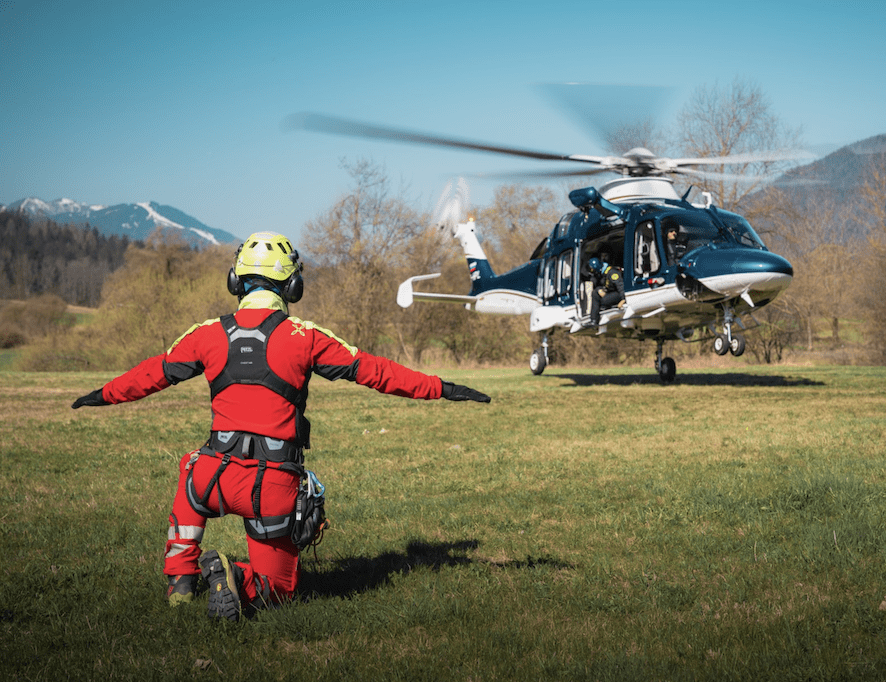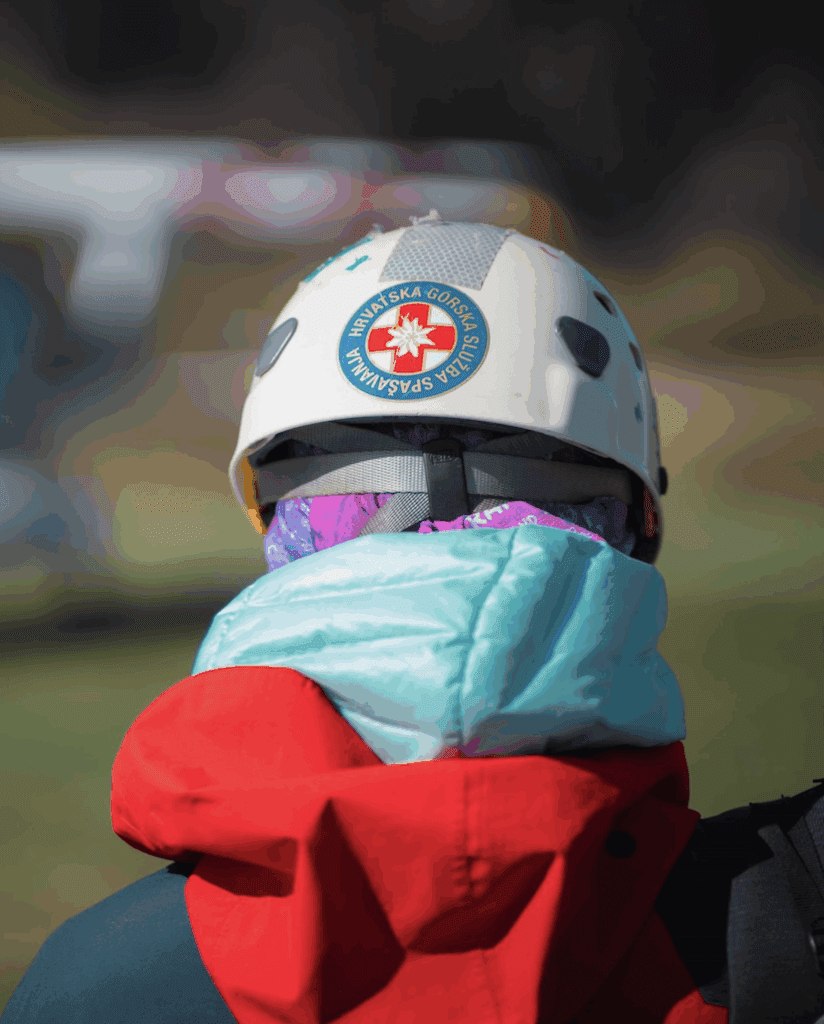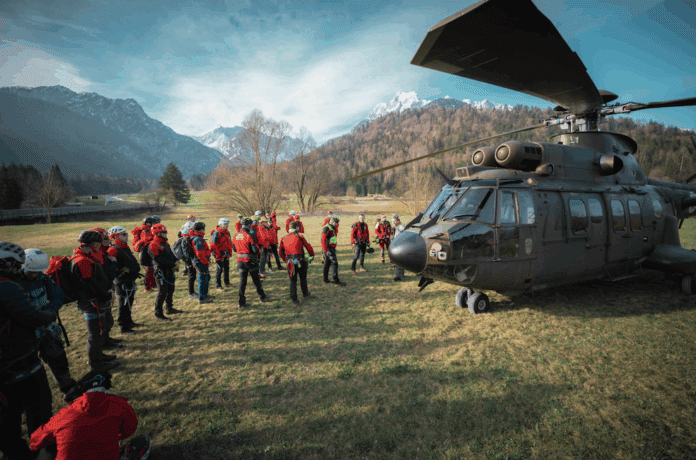by Marko Barišić : Croatia has a service dedicated to rescuing people in distress. All one needs to do is call, and they arrive. Among their ranks are many volunteers – even doctors. They operate year-round but are most active during summer when millions of tourists flock to Lijepa Naša.
The Croatian Mountain Rescue Service (HGSS)
They are called the Croatian Mountain Rescue Service (HGSS). Mostly men, but there are also many women. After a successful operation, they typically share a photo or brief account of their latest rescue mission.
Good Friday Rescue
On the night of Good Friday, their southern Croatia branch shared a somewhat incredible story. They received a report of two tourists who had ridden electric bikes up Mount St. Ilija above Orebić, a town atop the Pelješac Peninsula.
The pair became lost, disoriented, and stranded overnight in inaccessible terrain with no idea how to proceed. Fortunately, they had mobile phones and managed to send their coordinates.

As always in such cases, the HGSS team sprang into action. Nine rescuers, equipped with stretchers and essential medical gear, climbed for hours through the rocky wilderness until they found the tourists. Hypothermic, the pair were warmed up, given water, and escorted back down.
The descent took several hours in the opposite direction. They reached the first road just after 1:30 AM, where an ambulance awaited to take the tourists to a clinic. Everything ended well: the adventure concluded happily, and of course, entirely free of charge. In Croatia, rescue services are not billed.
A Previous Rescue in Lika
Twenty days earlier, their colleagues in Lika had similarly rescued a Croatian citizen. Despite forecasts of heavy snow and strong winds, he had attempted to cycle up one of Velebit’s highest peaks via a hiking trail, not a cycling route.
Unsurprisingly, the HGSS received a call from his wife, who tearfully explained he had not returned as planned. After searching through the night and following morning, he was found in a remote shelter. He had seen no need to inform anyone of his changed plans. Such situations also occur at sea, where rescues are conducted by vessels of the Harbour Master’s Office.

Public Opinion and International Comparisons
The Croatian public holds great admiration for HGSS members, who spare no effort to save others. Yet some wonder if it is time to introduce fees to deter such “adventures”.
When a Croat skiing in Austria, for instance, is injured off marked trails, the Austrians charge heavily. Some even limp back to Croatia to avoid Austrian healthcare costs, which are often dizzying.
In contrast, some tourists in Croatia push their limits. Thanks to the HGSS, most such holidays here still end happily.
Government Stance
Authorities have confirmed tourist rescues will remain free. This seems fitting. The HGSS has become a Croatian brand. Everyone knows these small, courageous groups who rescue reckless tourists – and occasionally locals – from themselves.

